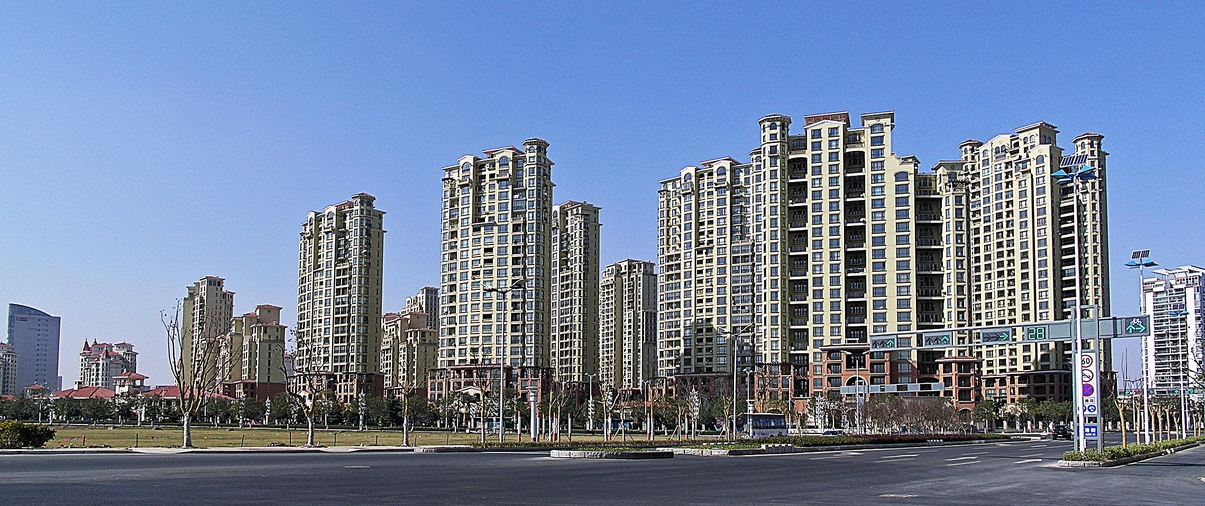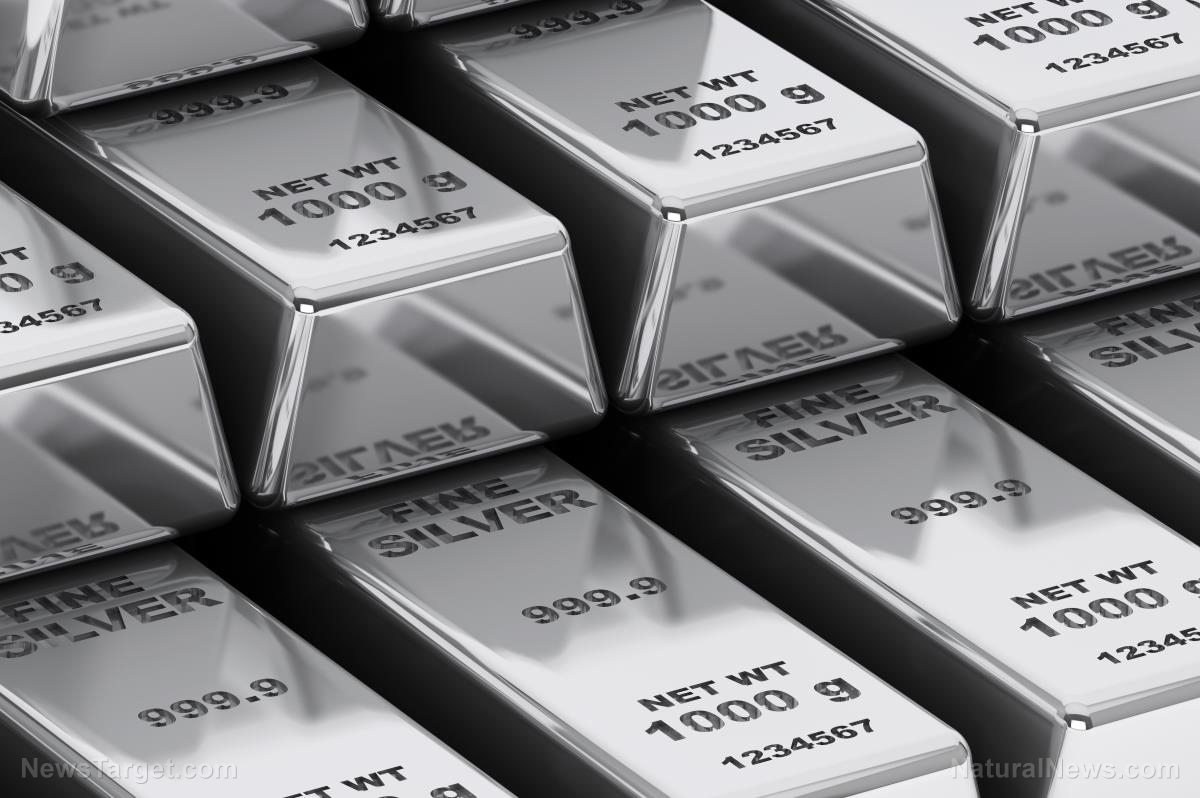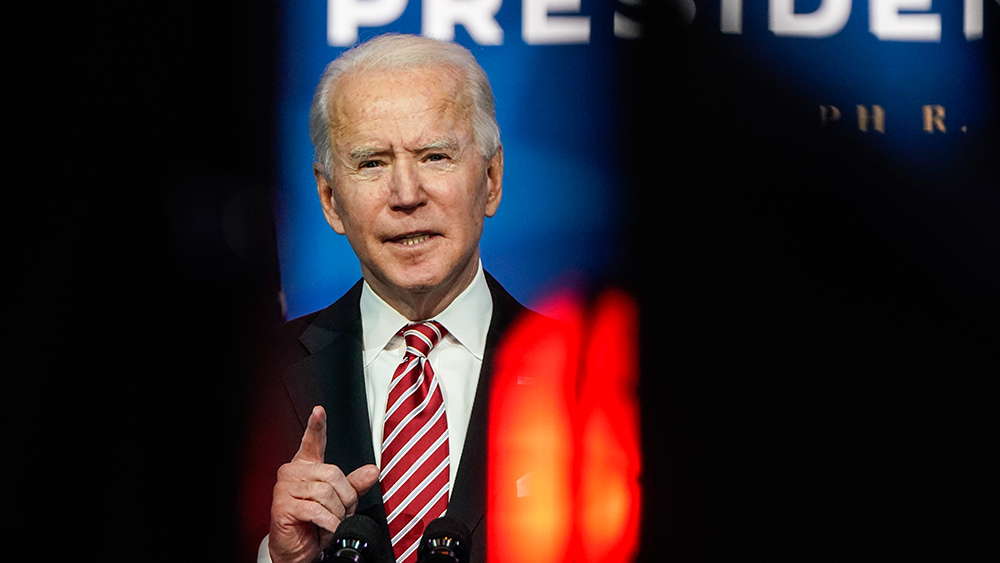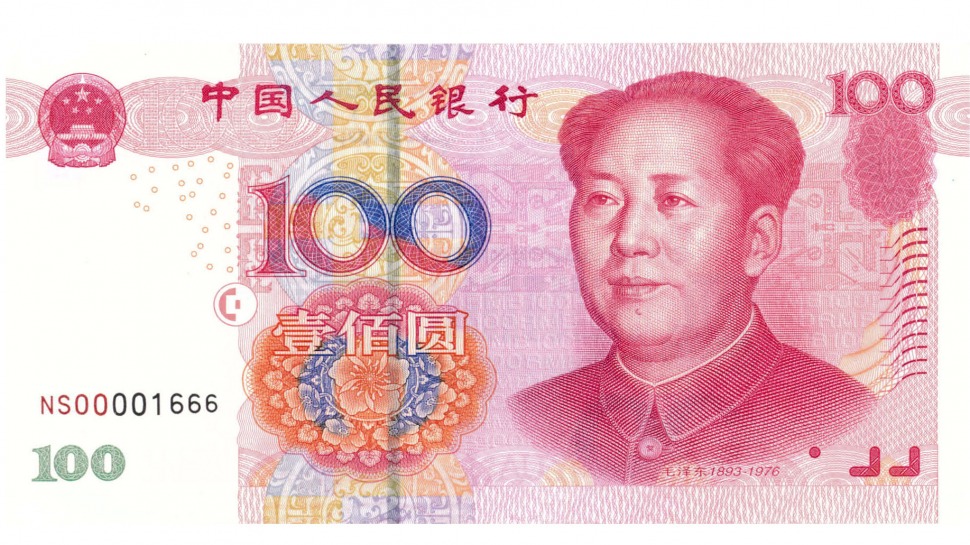Chinese city confiscates land from defunct Evergrande as scandal over property developer grows
12/28/2021 / By JD Heyes

A city in China has moved to confiscate two plots of land from property developer China Evergrande Group amid reports the company is bankrupt.
Reuters reports that officials in Chengdu have taken the two plots from the cash-strapped developer in what has become the latest effort to seize assets while they can be seized.
Officials with the city’s land planning authority said that they were taking back the plots, which total more than 300,000 square meters, because the company had not moved to develop them after holding onto them for 10 years.
Reuters added:
The notices on the two plots, posted by the authority on Dec. 17, followed the same move by the Haikou city authority early last week, taking back a plot without compensation in the country’s island province of Hainan.
The Chinese government is calling the shots at Evergrande after the real estate giant missed payments on two overseas bonds, triggering a restructuring to deal with its more than $300 billion in liabilities.
The authorities are scrutinizing the assets of Evergrande and its wealthy chairman Hui Ka Yan but expect no fire sale for now, two sources with direct knowledge of the matter told Reuters last week.
A government entity has also latched on to Evergrande’s soccer stadium in the city of Guangzhou, which is on pace to become the world’s biggest venue for the sport by capacity, in order to sell it, according to a source that spoke with Reuters. The company has stopped construction on the project because there’s no money to continue it.
Meanwhile, another division of the company, the China Evergrande New Energy Vehicle Group, announced last month that it also returned unused property for seven projects that totaled around $204 million to the Chinese government.
Earlier this week, the company’s stock shares fell again — 9.9 percent to HK$1.46, a new low.
And the S&P has downgraded Evergrande to “selective default” after the company once again missed a debt payment earlier this month, putting the developer on a path to become China’s largest defaulter. Another rating firm, Fitch, previously downgraded Evergrande to “restricted default.”
In mid-December, Evergrande officials said they could not guarantee the company could “perform its financial obligations” after accumulating liabilities of around $397 billion, including its firms outside the Chinese mainland.
Hui Ka Yan, the property developer’s billionaire founder, is in hot water as well; he was summoned earlier this month by Chinese government officials to explain to them what is going on with the company.
The company has been attempting to sell whatever assets it can find for months in order to repay its debts to shareholders. But Tiger Faith Asset Management Investment Director Conita Hung noted that the company’s efforts imply it is going to “surrender and need help” to get out of debt.
“This sends a very bad signal,” Hung said, noting further that the company’s issues are going to take years to resolve, and that’s even with the Chinese government’s assistance.
“The problem with Evergrande is that it is not an anecdote, but a symptom of a model based on leveraged growth and seeking to inflate GDP at any cost with ghost cities, unused infrastructure, and wild construction,” MISES Institute scholar Daniel Lacalle noted in late September, adding that “Evergrande is much more than a ‘Chinese Lehman,'” a reference to Lehman Brothers, the fourth-largest investment bank at the time of its collapse during the 2007-08 financial crisis.
“The indebtedness chain model of Evergrande is not uncommon in China. Many Chinese companies follow the ‘running to stand still’ strategy of piling on ever-increasing debt to compensate for poor cash flow generation and weak margins,” Lacalle explained.
He added: “[T]he Evergrande collapse only shows a dangerous reality in several Chinese sectors: excessive indebtedness without real income or assets to support it.”
Read more stories like this at Bubble.news.
Sources include:
Tagged Under: chengdu, China, Chinese government, Collapse, confiscate, debt, debt bomb, devalue, Evergrande, finance, indebted, overleveraged, ponzi, property, property development, risk
RECENT NEWS & ARTICLES
COPYRIGHT © 2017 RISK NEWS



















